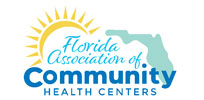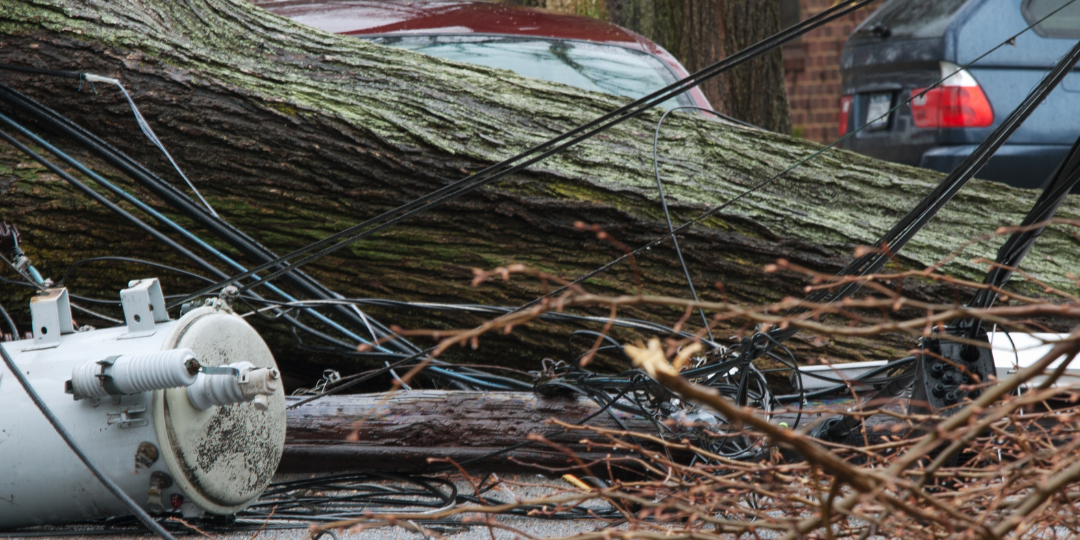Access to reliable, quality health care is a universal human right. The Health Center Movement is built upon promoting health equity by ensuring consistent access to primary care (including dental, mental health, and supportive) services. This mission is compromised in the event of a natural disaster or emergency when Community Health Centers (CHC) are forced to close or significantly limit operations due to widespread and, oftentimes, lengthy power outages. Limiting access to local, community-based health care during these emergencies disproportionately impacts already vulnerable residents, including those with electricity-dependent medical needs, low-income communities, and unhoused populations.
Recognizing the need to overcome this disparity in resources, the Florida Association of Community Health Centers (FACHC) has spent the past year engaging, educating, and supporting Florida CHCs in their efforts to improve the resilience of their facility through reliable backup power systems. FACHC engaged technical expertise and support from Direct Relief, a global humanitarian organization that works to expand access to medicine and healthcare by equipping health professionals with lifesaving medical resources, and Clean Energy Group (CEG), a national nonprofit that works to accelerate an equitable and inclusive transition to a resilient, sustainable, clean energy future.
Through a comprehensive survey effort, FACHC found that only 40% of Florida’s CHCs had an emergency power system installed. However, over 80% of these facilities responded that they stored temperature regulated vaccines and medication. For these facilities, refrigerated supplies must be transported during an outage to other facilities with reliable backup power to ensure they don’t spoil. In addition to understanding CHC’s existing emergency power capabilities and needs, the survey also included questions about barriers to backup power resources, interest in different technologies, and the impacts of power outages on the facility.
Equipped with the survey results, FACHC further focused on emergency power as a planning priority and set out to support the development of backup power resources at CHCs that were interested in either installing a backup system or required additional backup power support. Direct Relief, a longstanding FACHC partner, supported these efforts by providing funding to assess and install resilient power systems – solar paired with battery storage (solar+storage) – at 15 CHC sites. The solar+storage would be paired with existing or new fossil-fuel-powered generators (over 45 % of facilities that stated they had a backup power system utilized a diesel generator) to create hybrid systems. These hybrid systems could provide longer-duration backup power and additional redundancy for each site. The solar+storage system would also generate utility cost savings, as the renewable energy offsets CHC utility costs by generating power during times of regular grid.
Progress on this initiative to date, including the survey and solar+storage site assessment results and background regarding FACHC’s emergency power commitment, is detailed in the recent report Supporting Access to Health Care: Resilient Emergency Power for Florida Community Health Centers.
The examination of the use of solar+storage as an emergency power resource for critical community infrastructure is still new territory. The opportunities – for improved reliability, redundancy, and economic benefits – are significant, but many organizations don’t know how these technologies work or how to evaluate if they’re suitable for their facility. A recent report by Congress noted reducing the carbon footprint of the U.S. health care system as a critical factor for preparing the health care infrastructure, along with an increased focus on resiliency to meet the rising frequency of extreme weather events as significant threats to service delivery.
FACHC’s efforts are particularly innovative as they develop a framework for how (and for how long) resilient power can support critical community health facilities in the event of an outage and the cost associated with that investment. CHCs are receiving the information they need through technical support, funding, and educational resources, to make an informed decision as to how to improve resilience at their facility and for their community.
By design, CHCs reduce barriers such as cost, lack of insurance, distance, and language for their patients. Expanding the use of emergency power sources, including clean energy options like solar+storage, is one way to prevent communities from losing access to the local health services they need most. When disaster strikes, and patients still have the ability to be seen by their provider, fill their prescriptions and receive valuable health information within a trusted environment, it provides a sense of assurance that despite the ongoing emergency response, recovery is underway.
Gianna Van Winkle, MBA
Director, Emergency Management Programs
Florida Association of Community Health Centers, Inc.
Marriele Mango
Project Director
Clean Energy Group

